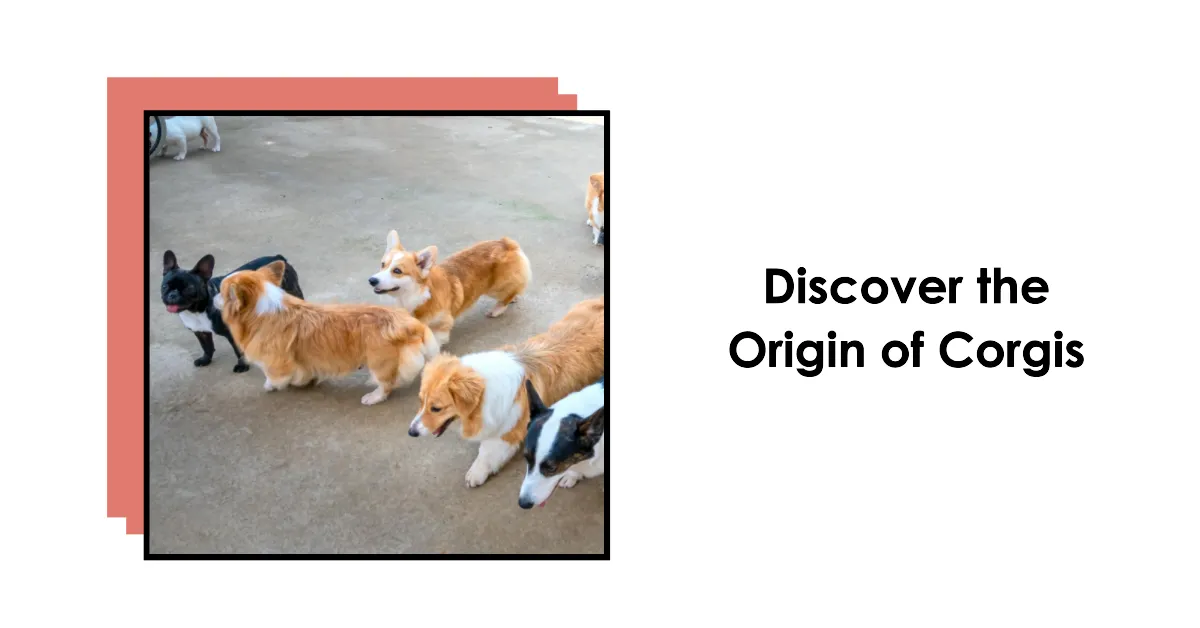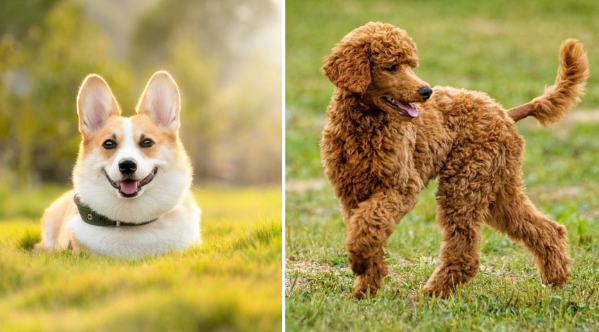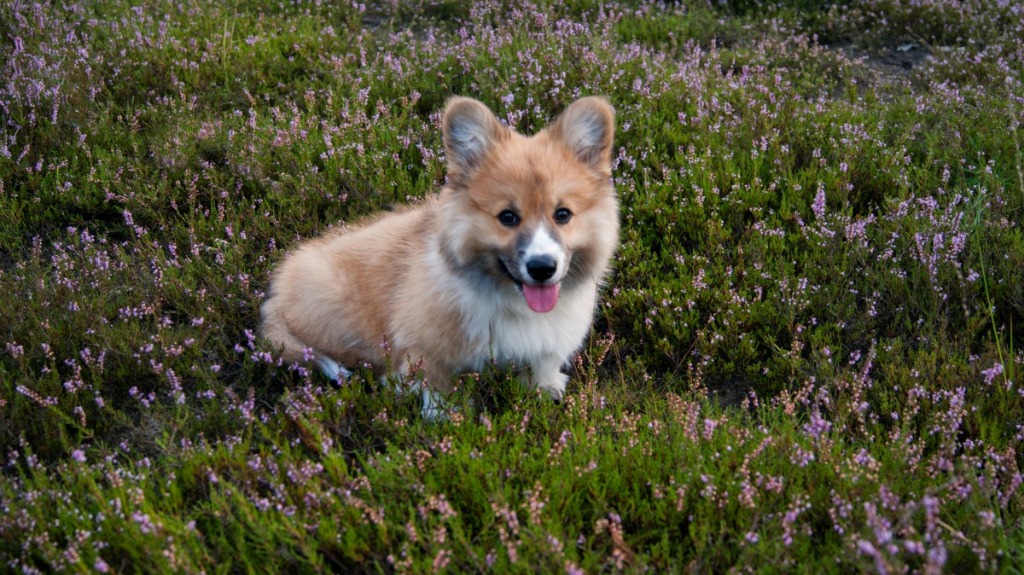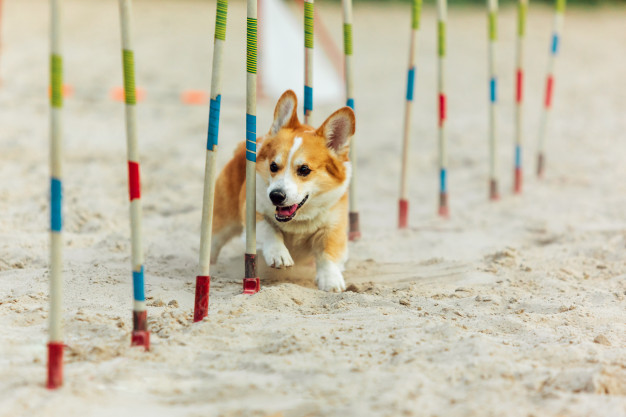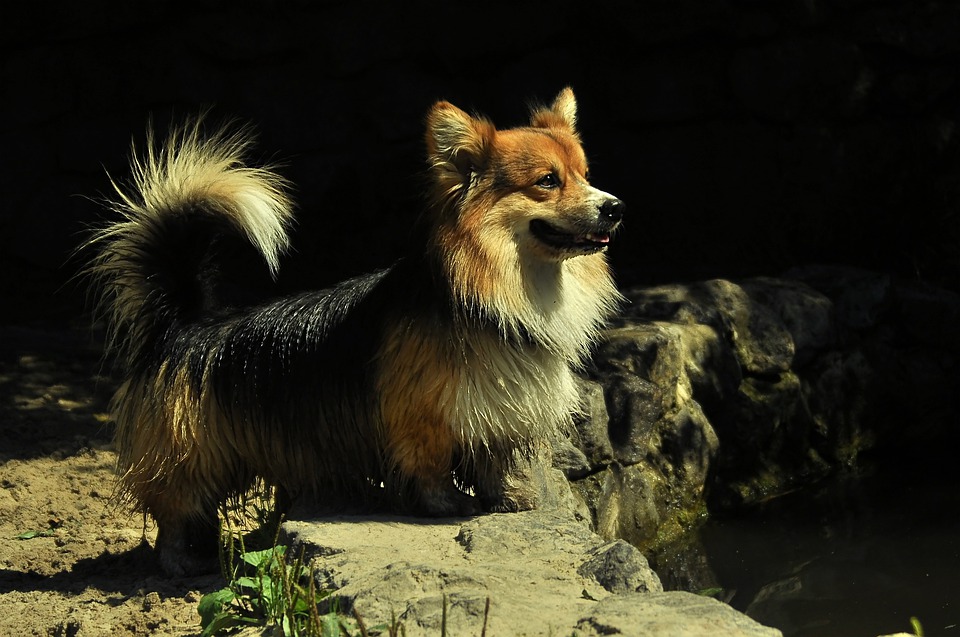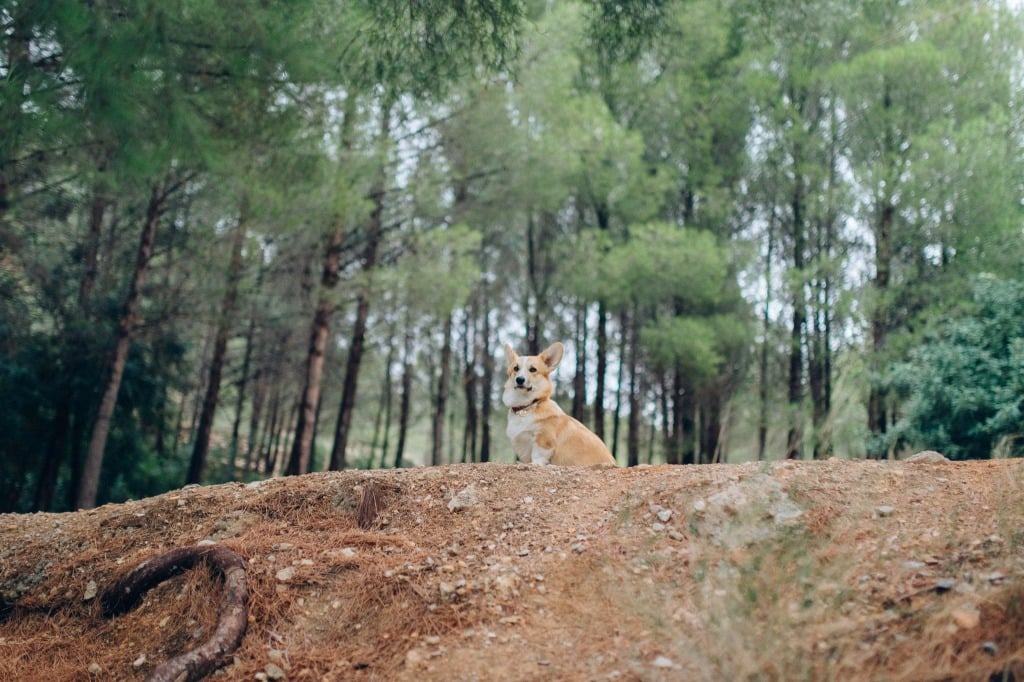Gaining a Deeper Understanding of Fear Aggression in Corgis

Are you ready to unravel the mysteries behind fear aggression in your beloved Corgi? Just like a tangled knot that needs to be untied, understanding fear aggression is crucial for the safety and wellbeing of both you and your furry friend.
In this guide, we will dive deep into the world of fear aggression in Corgis, shedding light on its common triggers, signs, and root causes. You'll learn how fear aggression affects your Corgi's behavior and discover effective training techniques to help them overcome their fears.
With the right knowledge and tools, you can implement behavior modification strategies and ensure a happier, more balanced life for your Corgi.
So let's embark on this journey together, uncovering the hidden layers of fear aggression and paving the way for a safer and more harmonious bond with your beloved pet.
Common Triggers for Fear Aggression
One common trigger for fear aggression in Corgis is unfamiliar people or animals. When your Corgi encounters someone or something it doesn't recognize, it can feel threatened and react aggressively out of fear. It's important to be able to identify these triggers so you can effectively manage your dog's fear aggression.
Pay close attention to your Corgi's body language and behavior when it encounters new people or animals. Look for signs of tension, such as raised hackles, a stiff body posture, or growling. By recognizing these triggers, you can take proactive steps to manage your Corgi's fear aggression.
This may involve gradually exposing your dog to new people and animals in a controlled and positive manner, using desensitization and counterconditioning techniques. Remember, managing fear aggression requires patience, consistency, and a commitment to your dog's safety and well-being.
Recognizing the Signs of Fear Aggression
To effectively manage your Corgi's fear aggression, it's crucial to be able to recognize the signs of this behavior. Fear aggression in Corgis can manifest in various ways, and being able to identify these signs early on can help prevent any potential harm.
One common sign of fear aggression is excessive barking or growling when faced with a perceived threat. Your Corgi may also exhibit defensive behavior such as snarling, snapping, or lunging towards the source of their fear.
Additionally, you may notice your Corgi displaying signs of fear, such as cowering, trembling, or attempting to escape from the situation.
Overcoming fear aggression challenges in Corgis begins with understanding and recognizing these signs. By doing so, you can take appropriate steps to address your Corgi's fear and create a safe and secure environment for them.
Understanding the Root Causes of Fear Aggression
When it comes to understanding the root causes of fear aggression in Corgis, there are several key factors to consider.
Early life experiences play a significant role, as traumatic events or inadequate socialization can contribute to fear-based behaviors.
Additionally, genetic predispositions may also be a factor, as certain dogs may be more prone to anxiety and fearfulness.
Early Life Experiences
Understanding the root causes of fear aggression in corgis begins with examining their early life experiences. These formative moments can have a lasting impact on a corgi's behavior and their ability to cope with fear-inducing situations.
Here are four key aspects of early life experiences that may contribute to fear aggression in corgis:
- Lack of socialization: Corgis who don't have the opportunity to socialize with other dogs and humans during their critical developmental period may struggle with fear and anxiety later in life.
- Traumatic experiences: Negative encounters, such as abuse, neglect, or frightening incidents, can leave deep emotional scars and trigger fear aggression in corgis.
- Inadequate training: Insufficient training and guidance during a corgi's early years can lead to behavioral issues, including fear aggression.
- Genetic predisposition: Some corgis may be more prone to fear aggression due to their genetic makeup, making early intervention and behavioral therapy even more crucial.
Genetic Predispositions
If you own a corgi, you should be aware that genetic predispositions play a significant role in understanding the root causes of fear aggression in these dogs.
Genetic testing can provide valuable insights into the specific genes that may contribute to fear aggression. By identifying these genetic markers, breeders can make informed decisions to reduce the likelihood of passing on fear aggression traits to future generations.
Additionally, behavioral therapy can help manage fear aggression in corgis with a genetic predisposition. This therapy focuses on gradually exposing the dog to feared stimuli in a controlled and positive environment, helping them develop new, more positive associations.
It's important to remember that fear aggression isn't the dog's fault, but rather a result of their genetic makeup. By addressing these genetic predispositions and utilizing behavioral therapy, we can create a safer and more understanding environment for our beloved corgis.
Lack of Socialization
To address the root causes of fear aggression in corgis, it's crucial for owners to prioritize socialization from an early age. Lack of socialization can have a profound impact on a corgi's behavior and temperament, leading to fear aggression. Here are four key reasons why socialization is essential for preventing fear aggression in corgis:
- Reduced fear response: Proper socialization techniques expose corgis to a variety of people, animals, and environments, helping them become more comfortable and less fearful in new situations.
- Increased confidence: By introducing corgis to new experiences in a positive and controlled manner, owners can build their confidence, reducing the likelihood of fear aggression.
- Establishing trust: Socialization allows corgis to develop trust in their owners and other individuals, fostering a sense of security and reducing fear-based behaviors.
- Positive reinforcement: Using positive reinforcement during socialization helps corgis associate new experiences with rewards, reinforcing positive behavior and minimizing fear aggression.
Impact of Fear Aggression on Corgis' Behavior
Fear aggression frequently affects the behavior of Corgis, causing them to react in unpredictable and potentially dangerous ways. This type of aggression can have a significant impact on their overall behavior and well-being.
One of the key effects of fear aggression is its impact on training. Corgis that exhibit fear aggression may become resistant to training or may have difficulty learning new commands. This can make it challenging to address and manage their aggressive behavior effectively.
Moreover, the long-term effects of fear aggression on a Corgi's well-being can be detrimental. It can lead to increased stress and anxiety, affecting their quality of life.
It's crucial for owners to address fear aggression in Corgis promptly, seeking the guidance of a professional trainer or behaviorist to ensure the safety and well-being of both the dog and those around them.
Effective Training Techniques for Fear Aggression
Addressing fear aggression in Corgis requires utilizing effective training techniques that focus on promoting positive behaviors and reducing anxiety. Here are four essential techniques to help you train your fearful Corgi:
- Counterconditioning techniques: By associating the presence of the fear-triggering stimulus with something positive, such as treats or praise, you can help your Corgi develop a more positive emotional response.
- Desensitization exercises: Gradually exposing your Corgi to the fear-triggering stimulus in a controlled environment can help them become desensitized to it over time.
- Positive reinforcement: Rewarding your Corgi for exhibiting calm and non-aggressive behavior can reinforce positive behaviors and help them feel more secure.
- Professional guidance: Seeking the assistance of a professional dog trainer or behaviorist experienced in fear aggression can provide you with expert guidance and support throughout the training process.
Implementing Behavior Modification Strategies
Once you have established the foundation of effective training techniques for fear aggression in your Corgi, it's important to move forward by implementing behavior modification strategies.
These techniques are crucial in helping your Corgi overcome their fear and aggression issues, creating a safer environment for both your dog and those around them.
Behavior modification techniques involve identifying triggers and gradually desensitizing your Corgi to them through positive reinforcement training. This means rewarding desired behaviors, such as calmness and non-aggressive responses, with treats, praise, and affection.
It's important to be patient and consistent when implementing these strategies, as it may take time for your Corgi to show progress.
Seeking Professional Help for Fear Aggression in Corgis
If your Corgi exhibits fear aggression, seeking professional help is essential for both their well-being and the safety of those around them. Expert guidance can help you understand the root causes of their aggression and develop a tailored behavior modification plan.
With professional intervention, you can address their fear and aggression in a safe and effective manner, ensuring a happier and healthier life for your beloved Corgi.
Expert Guidance for Aggression
Consulting a professional dog trainer can provide invaluable guidance and support in addressing fear aggression in your Corgi. They have the expertise to assess your dog's behavior and develop a customized training plan to manage their aggression.
Here are four reasons why seeking professional help is crucial:
- Safety: A skilled trainer will prioritize your safety and that of your Corgi. They can teach you techniques to prevent aggressive episodes and ensure a secure environment for everyone involved.
- Effective management: Corgi aggression management requires a comprehensive approach. A professional trainer will teach you strategies to identify triggers, implement behavior modification techniques, and establish boundaries to manage your dog's aggression effectively.
- Peace of mind: With professional guidance, you can feel confident in your ability to handle your Corgi's fear aggression. Knowing that you're taking the right steps to address the issue will bring peace of mind to both you and your dog.
- Long-term success: A professional trainer can guide you throughout your Corgi's behavior modification journey, ensuring long-term success in managing fear aggression. Their expertise and ongoing support will help you and your Corgi build a strong foundation of trust and positive behavior.
Professional Intervention for Fear
When seeking professional help for fear aggression in your Corgi, it's important to consider professional intervention as a crucial step in addressing and managing their aggressive behavior.
Professional training and behavior modification can provide the expertise and guidance needed to effectively tackle fear aggression in your beloved pet.
A professional trainer or behaviorist will have the knowledge and experience to assess your Corgi's specific needs and develop a tailored plan to address their fear-based aggression.
Through specialized techniques and positive reinforcement, they can help your Corgi overcome their fears and learn more appropriate responses to stressful situations.
Their expertise will ensure that you and your Corgi feel safe and confident in managing fear aggression, creating a harmonious and balanced relationship.
Don't hesitate to reach out to a professional for assistance in helping your Corgi overcome their fear aggression.

